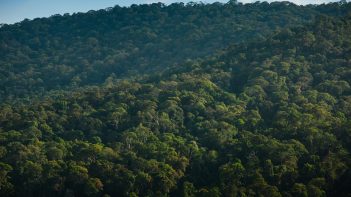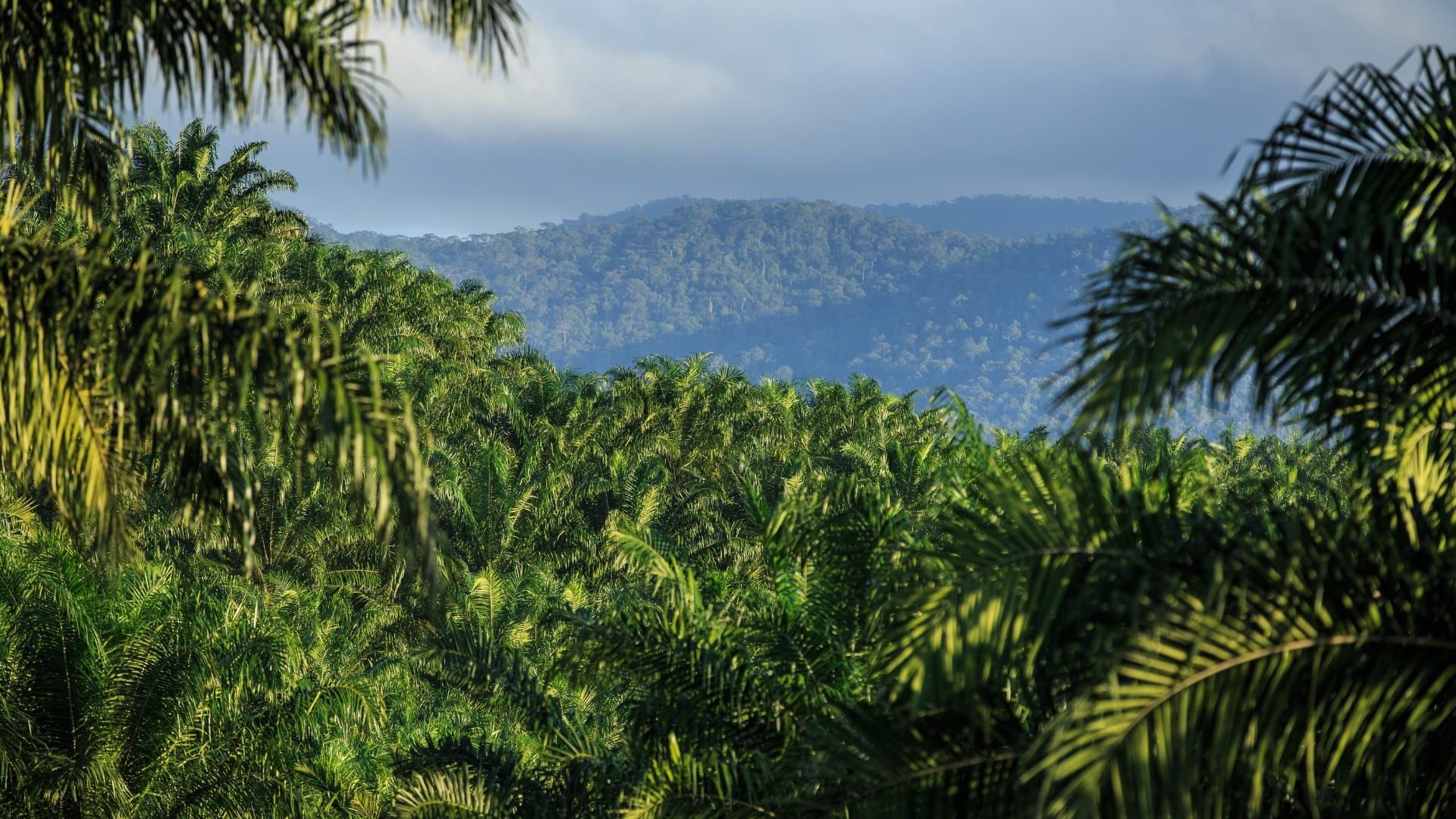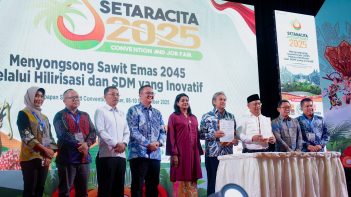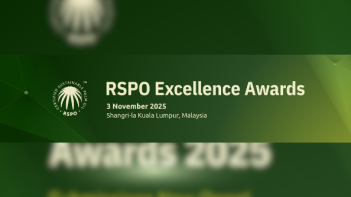KOTA KINABALU, SABAH, MALAYSIA: 15 November 2018 – Aptly themed “A Renewed Commitment to Achieving Market Transformation”, the Roundtable on Sustainable Palm Oil (RSPO) concluded its 16th Annual Roundtable Conference on Sustainable Palm Oil (RT16) and 15th Annual General Assembly (GA15) today, with a newly ratified and adopted certification standard aimed to universally strengthen social development, environmental protection, and economic prosperity across the sustainable palm oil value chain.
Marking a pivotal time for RSPO and its more than 4,000 global members, the three-day RT16 conference was framed around the key elements of the recent RSPO Principles and Criteria (P&C) review: Halting deforestation, protecting peatlands, and strengthening human and labour rights. The collaborative, multi-stakeholder review process, which launched in March 2017 through to October 2018 and received almost 11,500 individual stakeholder comments was tabled, ratified and voted-in today by the General Assembly of RSPO. The review process also resulted in the subsequent development of an additional and separate standard specifically for independent smallholders, due for ratification in November 2019.
RSPO Chief Executive Officer, Datuk Darrel Webber, welcomed the newly adopted, consensus-driven P&C 2018 standard which includes a number of new elements, such as adopting no deforestation through the implementation of the High Carbon Stock Approach. “Today, we endorsed a universal, transformative, and integrated agenda, intended to strengthen transparency and inclusivity in the RSPO system, increase implementation of the RSPO standards, boost market uptake of sustainable palm oil through shared responsibilities, and create an enabling environment for our shared vision of market transformation.
“The new P&C is testament to the review process: Two 60-day public consultations, 18 face-to-face events in 13 countries, six Task Force meetings, and an unprecedented participation of civil society – making it the most inclusive review of its kind, to date, and for that we are proud,” said Webber.
The P&C 2018 comes into effect immediately, with existing RSPO grower members given a one year transition period to implement the new standards. The RSPO P&C are a set of environmental and social standards which member companies must comply with in order to meet RSPO certification standards. It is reviewed every five years and benchmarked against the International Social and Environmental Accreditation and Labelling Alliance (ISEAL), a global membership association for credible sustainability standards.
Other topics of interest at RT16 included ‘Sustainable Financing’ and the ‘Responsible Consumption and Production in Emerging Markets’ as well as the release of RSPO’s latest Impact Report. Furthermore, a ministerial address was delivered to RT16 delegates by Datuk Seri Panglima Wilfred Madius Tangau, Deputy Chief Minister and State Minister of Trade and Industry, Sabah, while Professor Kai Chan, University of British Columbia provided the opening keynote address. The closing address was delivered by Dato’ Carl Bek-Nielsen, co-chairman of RSPO and chief executive director, United Plantations Berhad.
RT16 was held at The Magellan Sutera Resort, Kota Kinabalu, Malaysia from 12 – 15 November 2018, with over 850 representatives from the global palm oil industry in attendance, including corporate leaders in sustainability, financial institutions, policymakers, academics, and social and environmental NGOs from around the world.
Click here to access RT16 & GA15 media drive
-ENDS-
About RSPO
The Roundtable on Sustainable Palm Oil (RSPO) was formed in 2004 with the objective of promoting the growth and use of sustainable oil palm products through credible global standards and engagement of stakeholders. RSPO is a not-for-profit association that unites stakeholders from the seven sectors of the palm oil industry including oil palm producers, palm oil processors or traders, consumer goods manufacturers, retailers, banks and investors, environmental or nature conservation NGOs, and social or developmental NGOs.
This multi-stakeholder representation is mirrored in the governance structure of RSPO, such that seats in the Board of Governors, Steering Committees and Working Groups are fairly allocated to each sector. In this way, RSPO lives out the philosophy of the "roundtable" by giving equal rights to each stakeholder group, facilitating traditionally adversarial stakeholders in working together to reach decisions by consensus, and achieving RSPO’s shared vision of making sustainable palm oil the norm.
The seat of the association is in Zurich, Switzerland, while the secretariat is currently based in Kuala Lumpur with satellite offices in Jakarta (ID), London (UK), Zoetermeer (NL), Beijing (CN) and Bogotá (CO).
Keep reading

Translations of the 2024 RSPO Standards Now Available
RSPO accepted in the Netherlands as a private control system for EUDR

RSPO x JaSPON Conference and Member Engagement Forum 2025 Spotlights Japan’s Sustainability Success and Market Growth
Call for Expression of Interest: Independent Investigation of a Complaint
Call for Expression of Interest: Mexico National Interpretation Task Force for 2024 RSPO Principles and Criteria (RSPO P&C) and Independent Smallholder (ISH) Standard

RSPO–APKASINDO Partnership to Boost Inclusive Growth, Certification, and Market Access for Oil Palm Smallholders

Open Letter to COP30 President: Integrating Forests and Biodiversity: A Policy Central to Paris Agreement Success

Bridging the Auditing Divide: Key Takeaways from the RSPO Assurance Forum 11





